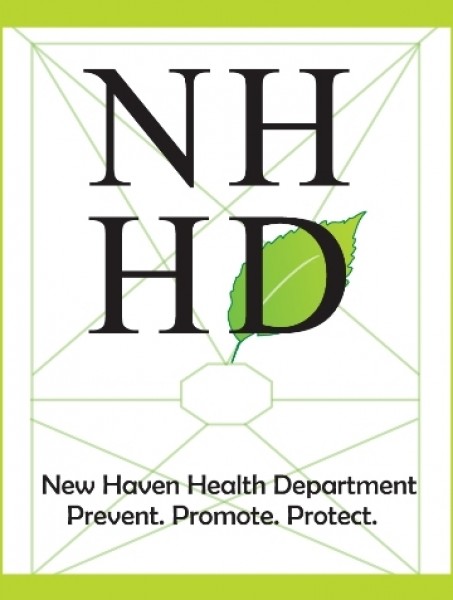Long-term care facilities (LTCF) typically are short-staffed. COVID and the numerous required mitigation strategies as well as vaccine mandates have compounded the challenges faced by long-term care facility and nursing home staff. On any given day, directors and their staff are responsible for adhering to the state mandates for staff vaccination by monitoring and reporting staff vaccinations, overseeing residents’ vaccinations and boosters, and screening unvaccinated residents and guests. They are following the guidance to isolate positive cases and quarantine close contacts. They implement and enforce safe practices in the facility, paying close attention to communal areas. This is all in addition to the daily non-COVID care they are expected to provide for their residents. We chose to focus on determining staff needs and providing support to them.
The Health Department in New Haven, CT began working on this initiative in late summer/early fall. We developed and tested a variety of approaches to providing education and support to staff in an efficient and engaging manner. We administered a survey to facility directors including questions about number of residents, census, empty beds, their preferred format for receiving information, and challenging issues they were facing. After reviewing survey results, we organized quarterly presentations to review the latest CDC and CMS guidance, material from the state HAI and ICNC meetings, and monthly check-ins for staff to call in with questions. Once the state vaccine mandate for long-term care facility staff went into effect, we explored ways to support both compliant and noncompliant facilities. We reviewed the number of boosters administered and staff/resident vaccination rates. As we’ve become more familiar with their needs, we have begun the preliminary steps to creating an intern program between local nursing programs and long-term facilities by inquiring about the types of “intern” tasks facilities need and meeting with local nursing school programs to gauge their interest in a nursing home rotation for their interns.
Our program was more exploratory than we expected. Our first quarterly meeting had a good turnout with highly engaged staff. We provided COVID situational awareness, IPC recommendations, and fielded questions. We made some connections, since the co-epidemiologist and myself were new to the health department. Our monthly check-ins were not as popular, but this may be because we did not have a formal presentation; instead, we allotted time for questions, but staff may have been too busy to join. The next quarterly session, we presented on booster administration, vaccine verification and screening compliance, monoclonal antibody therapy options, and the latest CDC guidance. Due to the low attendance, we modified the format and surveyed staff on the number of boosters administered, PPE supply, and vaccination rates among staff and residents, and interest in piloting an intern program. Two directors expressed interest and outlined some “intern” tasks including topics such as antibiotic stewardship and data collection on use of antibiotics, vaccination updates, administration and data collection (both Covid and Non-Covid), and Infection Prevention and Control Education for staff. As a result of this initiative, we are now working on developing an intern rotation with our local long-term facilities.
We attempted many different approaches, some more successful than others. When we hosted a session that was poorly attended, we would later debrief and come up with a new strategy. Always keeping in mind the high level of stress LTCF staff carry upon their shoulders, we continued trying to meet their needs in the least invasive ways possible. All of our attempts led us to addressing the most pressing issue at hand, which was staff shortages. By asking them for specific “intern” tasks and presenting an opportunity to “pilot” and intern program, we hope to lighten the workload for LTCF staff while at the same time provide a real-world experience for nursing students.



